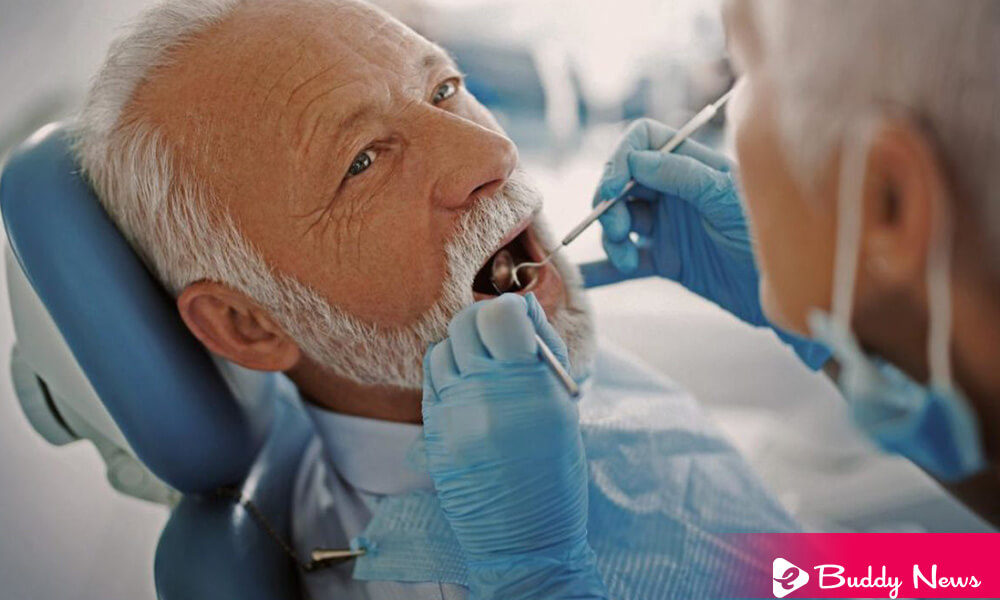What Is Tongue Cancer And Its Treatment

Tongue cancer is related to head and neck cancer. It manifests from the squamous cells of the tongue. And also, this condition produces a local tumor and subsequently spreads.
Cancer disease crops up when various cells in the body divide without control or order. Here in the present case, we refer to the ‘cells of the tongue.’ Cells generally divide in a regulated style. If cells go on to divide without any control when there is no need for new cells, a mass of tissue called a ‘neoplasm or tumor’ forms. A ‘benign tumor’ is by and large ‘not invasive’ and ‘does not spread.’ ‘Cancer’ refers to ‘malignant’ tumors, which can attack nearby ‘tissue’ and spread to other parts of the body.
It often grouped Tongue cancer with other types of mouth cancer, such as cancer of the lips, palate, lining of the cheeks, floor of the mouth (part of the mouth below the front of the tongue), or gums. These types of cancer together are known as cancer of the oral cavity.
Causes For ‘Tongue Cancer’
We do not know the precise and definite origin of ‘tongue cancer.’ Nevertheless, it may have a relation with the following lifestyle factors:
- Smoking cigarettes, cigars, or pipe
- Use of chewing tobacco, snuff, and other tobacco products
- Excessive alcohol consumption
Risk Factors For ‘Tongue Cancer’
These factors increase the probability of developing tongue cancer. You may please visit your doctor and tell him if you have come across any of the following risk factors:
- Poor oral and dental hygiene
- Age: 40 years and older
- ‘Smoking or alcohol consumption related annoyance of the mucous membranes of the mouth due to smoking
- History of mouth ulcers
- Family history due to genetic predisposition
Tongue Cancer Symptoms
Please do not assume it is due to ‘tongue cancer’ if you have any following symptoms. Other conditions may cause them under noted symptoms. Please inform your doctor if you come across any of the following symptoms:
- Skin lesions, bumps, or ulcers on the tongue
- Difficulty swallowing
- Herpes and mouth sores
- Numb tongue or difficulty moving it
- Speech changes (due to the inability to move the tongue over the teeth when speaking)
- Pain when chewing and speaking
- tongue bleeding
Diagnosis For Tongue Cancer
Your dentist may find cancer during a routine oral cleaning or by your doctor during a routine physical exam.
Your doctor will ask you about the symptoms and medical history and perform a physical exam to confirm the diagnosis. It includes:
- Study of the tongue to detect if there are lumps or masses
- Use of a fiberoptic microscope: a thin tube with a small camera to examine the base of the tongue
- Tongue biopsy is the removal of a sample of tissue from the tongue to check for cancer cells
- ‘CT scan’ is a type of x-ray through which doctors use a computer to take pictures of the mouth
- To examine lung cancer, doctors take a Chest x-ray of the patient to determine if cancer has spread to the lungs
Tongue Cancer Treatment
Once they found tongue cancer, they did staging tests to see if cancer had spread. Tongue cancer treatment depends on the cancer stage and the size and location of the tumor.
Surgery
It is surgery to remove the cancerous tumor, surrounding tissue, and possibly nearby lymph nodes. It is often the most used treatment when the tumor is on the visible side of the tongue, when it is very small, less than 2 cm. And when it is lateral in location and does not involve the base of the tongue.
Radiotherapy
It is the use of radiation to kill cancer cells and shrink tumors. Experts use this method when they locate cancer behind the tongue.
Chemotherapy
Chemotherapy is sometimes used with radiation to kill cancerous tumors, especially where they are no surgery plans.
Rehabilitation And Monitoring
After tongue cancer treatment, the doctor may recommend:
- Therapy to facilitate tongue movement, to chew, and swallow
- Speech therapy, if the use of the language was affected
- A close check of the mouth, throat, esophagus, and lungs to see if cancer comes back or spreads
Prevention
To help reduce your chances of developing tongue cancer, take the following steps:
- Do not smoke or use tobacco products. If you smoke or take tobacco products, ask for help to stop these habits.
- Try to avoid excessive alcohol consumption.
- See your doctor regularly for checkups and cancer screenings.














